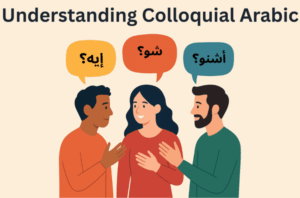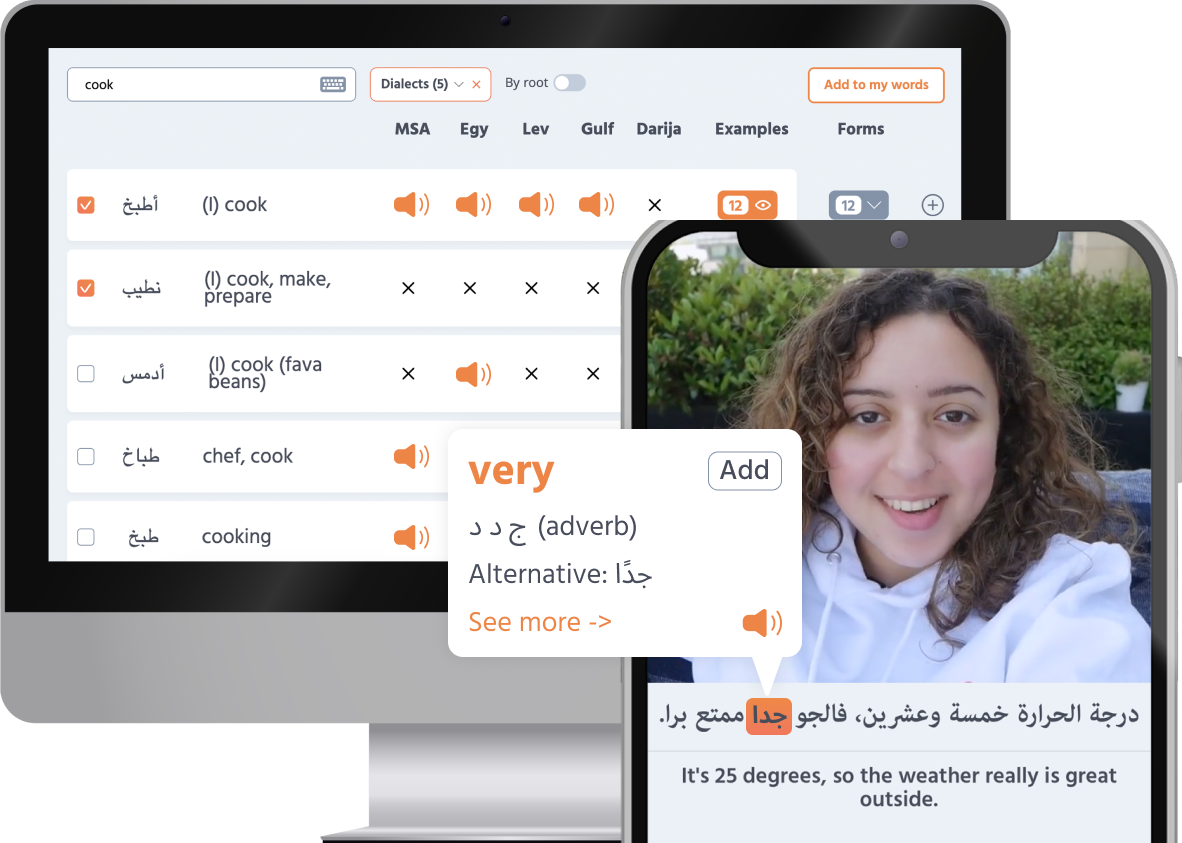When it comes to تعزية
(giving condolences), language is much more than just words—it’s a heartfelt bridge connecting individuals in times of grief. The Arabic language, steeped in centuries of tradition and cultural richness, offers a variety of expressions that convey sympathy, empathy, and solidarity. Whether you’re reaching out to a friend, relative, or colleague, the right words can provide comfort and solace during life’s most challenging moments.
Giving condolences in Arabic culture Arabic dialects vary widely across regions, each with its unique phonetics, idioms, and cultural context. From the elegant phrases of Modern Standard Arabic to the earthy, colloquial tones of Egyptian , Levantine , Gulf , and Darija dialects, giving condolences in Arabic requires sensitivity, respect, and a deep understanding of local customs . This guide explores these linguistic variations, offering practical examples, detailed explanations, and insightful tips to help you craft messages that resonate with authenticity and compassion.
In our fast-paced, globalized world, maintaining cultural etiquette in expressions of sympathy is important. Whether you’re a native speaker or someone eager to learn, this comprehensive resource is designed to help you navigate the landscape of Arabic condolences. Here, you’ll discover why each expression matters, how subtle linguistic differences can alter the meaning, and why personalization matters when expressing sympathy. Through this guide, you’ll explore Arabic condolence expressions, understand the role of dialect in shaping sentiment, and gain confidence in communicating with empathy in a culturally respectful manner.
Religious and cultural foundations of condolences The cultural role of sympathy Language is a powerful tool in expressing human emotion, particularly when it comes to conveying condolences. In Arabic cultures , giving condolences is not just about the words—it’s about honoring the tradition of empathy and respect that defines the community’s response to loss. Each dialect carries its own historical and cultural baggage, ensuring that the message of sympathy is not only heard but also deeply felt.
Expressing sympathy through language is intertwined with societal values and customs. The phrases used often reflect the religious, familial, and social norms that shape the community. For instance, a simple phrase in Egyptian Arabic might carry a warm, familiar tone, while a similar sentiment in Gulf Arabic could be delivered with formal elegance and deep reverence. By understanding these subtleties, you can ensure that your message resonates authentically, reinforcing bonds and showing genuine concern.
Religion and its influence on condolence expressions In Arabic societies , offering condolences is more than just a formality; it’s a heartfelt expression of solidarity and support during times of loss. This practice reflects the communal nature of Arabic culture, where sharing in both joy and sorrow is crucial. By conveying condolences appropriately, individuals honor the deceased, known as المتوفى
(the deceased) or المرحوم
(the late), and provide comfort to the bereaved, reinforcing social ties and communal harmony.
In Arabic culture , expressions of condolence are often influenced by religious affiliations and cultural practices, leading to a variety of phrases used to offer sympathy. Religion plays a significant role in shaping condolence expressions across Arabic-speaking regions. Islamic and Christian teachings influence the phrases used, emphasizing themes of patience, faith, and the transient nature of life.
Get free Arabic videos with interactive captions for your level
Get free videos
Common Arabic condolence phrases While Arabic dialects vary, certain phrases are universally recognized across the Arab world regardless of the region. Here are some commonly used expressions, their meanings, religious relevance, and origin:
Arabic Phrase English Meaning Context Origin إنا لله وإنا إليه راجعون
We belong to God, and to Him, we shall return Muslim Quranic verse (Surah Al-Baqarah, 2:156) اللهم اغفر له
O Allah, forgive them, have mercy on them, and grant them paradise Muslim Islamic prayer البقاء لله
Belonging is to God (a reminder of God’s control over life and death) Muslim Islamic expression emphasizing divine permanence عظم الله أجركم
May God increase your reward (for your patience) Muslim Islamic expression offering comfort and reward for patience رحمة الله عليه
May God’s mercy be upon him Muslim Islamic expression wishing mercy upon the deceased الله يرحمه
May God have mercy on him/her Neutral Islamic origin, used culturally البقية في حياتكم
May life remain in you (a way of expressing condolences) Neutral Cultural expression used across various Arabic-speaking communities الله يصبركم
May God grant you patience Neutral Commonly used across Muslim and Christian communities ربنا يجعلها آخر الأحزان
May this be the last of your sorrows Neutral Cultural expression used to offer comfort and hope
These expressions convey sympathy and remind the bereaved of the transient nature of life, offering spiritual solace. Most of the expressions in the table have Islamic origins. Those labeled with the context “Muslim” are typically pronounced in Modern Standard Arabic (MSA) in most countries, due to their religious origin, with only very slight dialectal variations in some cases.
A scene from the Egyptian series نصيبي وقسمتك (My Destiny and Your Fate) about married life and social issues, showing a man mourning his wife’s death. Notice the phrase he uses to console himself. Regional variations Arabic dialects exhibit regional variations that influence how condolences are expressed. Understanding these differences is crucial for effective communication and cultural and religious sensitivity.
Condolences in Egyptian Arabic In Egyptian Arabic , neutral condolence expressions often include phrases like:
ربنا يعزيكم
(may God console you) – Widely used in Egyptian Arabic condolences to reassure the bereaved that they are not alone and that God will provide the strength needed to endure their sorrow.البركة فيكم
(may blessings be upon you) – It’s used to convey heartfelt good wishes, hoping that divine blessings, positive energy, and grace surround you, especially during challenging times.شدوا حيلكم
(stay strong or hold on tight) – Encourages resilience and fortitude, urging you to muster your strength and persevere through difficulties, reminding you that you have the inner resources to overcome any challenge.
A traditional Muslim condolence gathering in an Egyptian tent (Siwan). The following expressions are used among Egyptian Christian only:
ربنا ينيح روحه
(may God grant rest to his soul) – Commonly used to pray for the eternal peace of the departed.في أحضان القديسين
(in the arms of the saints) – Expresses the hope that the deceased is now embraced by holy figures in the afterlife.
Condolences in Levantine Arabic In Levantine (which includes Jordanian, Syrian, Lebanese, and Palestinian Arabic), these expressions are commonly used among both Muslim and Christian population:
العمر إلكن
(may life be yours) – Wishes the recipient a long, fulfilling life despite the pain of loss. It conveys a sincere hope that the future holds abundant blessings and that the bereaved may experience joy and vitality in the days ahead.العوض بسلامتكن
(may you be compensated with your well-being) – Used to console those in mourning by wishing them that, in place of the loss they endure, they receive the blessing of good health and a peaceful future. It serves as a heartfelt consolation that true recompense lies in well-being and strength.
The following expression is used among Levantine Christians only:
نفسه بالسما
(to a male) , نفسها بالسما
(to a female) (may his/her soul rest in the heavens) – A respectful prayer for the eternal peace of the deceased. It reflects the deep-seated cultural belief that the soul finds tranquility in the celestial realms, providing solace to the bereaved.
A clip from a video in Jordanian Arabic humorously showcasing condolence phrases used in the Levant. Condolences in Gulf Arabic In the Gulf countries , condolences often include these Islamic expressions:
غفر الله لميتكم
(may God forgive your deceased) – Asks that God forgive the sins of the departed and grant them eternal peace through divine mercy.أحسن الله عزاكم
(may God bestow upon you better consolation) – Offer comfort by wishing that God will enhance the mourning process with profound and soothing consolation for your loss.
Condolences in Darija In the Maghreb region (including countries like Morocco, Algeria, and Tunisia), neutral expressions may include:
عزانا وعزاكم واحد
(our mourning and your mourning are one) – Emphasizes the unity of grief among all who are affected by the loss. It conveys that the sorrow of the bereaved is shared collectively, binding the community together in empathy and support.لبركة فراسكم
(may blessings be upon your heads) – Used to wish divine favor and blessings on the family and friends of the deceased, serving as a comforting invocation during the period of mourning.
The grieving process in Arab cultures When someone passes away, the grieving process unfolds through a series of sacred rituals that reflect deep-rooted cultural and religious values. This structured journey not only honors the departed but also strengthens community bonds by providing comfort and support to the bereaved.
Announcement الإعلان
When someone dies in many Arab countries, the news is spread immediately. Notices نعي
are often hung on the street, posted at work, and shared widely on social media so that the entire community is informed without delay.
Burial الدفن
Shortly after the announcement, the body is prepared for its final rest. It is washed غسل
and wrapped in simple white garments كفن
that symbolize purity and respect. The body is then placed in a wooden coffin تابوت
and carried by four to six strong men—typically close relatives or trusted friends—who shoulder the responsibility of transporting the coffin. As the procession moves, other relatives and close friends follow, weeping, crying, and reciting prayers .Before the burial, a prayer صلاة الجنازة
is recited at the local mosque or church, uniting the community in a collective plea for divine mercy رحمة
. The burial typically takes place in a family graveyard مقابر
where the deceased is laid in his tomb قبر
and religious prayers are recited to honor the departed.
Funeral الجنازة
A funeral gathering then brings together family, friends, and members of the community. This solemn event provides an opportunity for everyone to express their condolences, support the bereaved, and pay their respects to the deceased.
Mourning العزاء
Following the funeral, a mourning period usually lasts for about three days. During this time, the family opens their home or build a temporary tent صيوان
in the street for the visitors who come to تقديم واجب العزاء
offer their condolences and share in the sorrow, reinforcing community bonds during a time of loss. In some areas, condolences may also be received in public halls or venues مبرة
built by the government specifically for such gatherings, providing a formal space for the community to come together in support of the bereaved family.
A traditional Christian funeral gathering in a church. Memory الذكرى
The memory of the deceased is further honored on the 40th day ذكرى الأربعين
after their passing—a significant milestone in the mourning process. This is followed by annual remembrances الذكرى السنوية
, ensuring that the legacy of the departed continues to be celebrated and cherished by those left behind.
Non-verbal expressions of condolence Non-verbal gestures also convey sympathy and support:
Charitable acts : Donating التصدق
in the name of the deceased is a way to honor their memory and provide ongoing blessings.Physical presence : Attending condolence gatherings demonstrates solidarity and offers comfort.Offering help with house chores : Helping prepare drinks (usually قهوة سادة
black unsweetened coffee) and small meals to the bereaved family and their guests is a common practice, alleviating their burden during mourning.
Oh, and by the way… If learning Arabic at your own pace, with fun, real-world videos sounds like your style, then Playaling could be exactly what you’re looking for!
With Playaling, you’ll dive into any major Arabic dialect or MSA. Our diverse range of videos has it all—from everyday conversations and cultural moments to music videos, TV and movie clips, influencer content, news broadcasts, and inspiring talks.
Our interactive captions let you tap any word for instant translations, context, and audio. So, real Arabic content becomes accessible with just a click. Miss something? No problem—rewind and listen as often as you need, or hover over subtitles for quick definitions.
Spot a word you want to learn? Save it to your personalized word set, or dive into curated sets for focused practice and easy review.
Interactive exercises let you dive in and practice what you’ve learned.
Need to look something up? The Audio Dictionary has you covered with clear human pronunciations and real world examples.
It’s a learning experience that keeps you engaged, bringing authentic, real-world Arabic closer to you every step of the way.
Give it a try!









